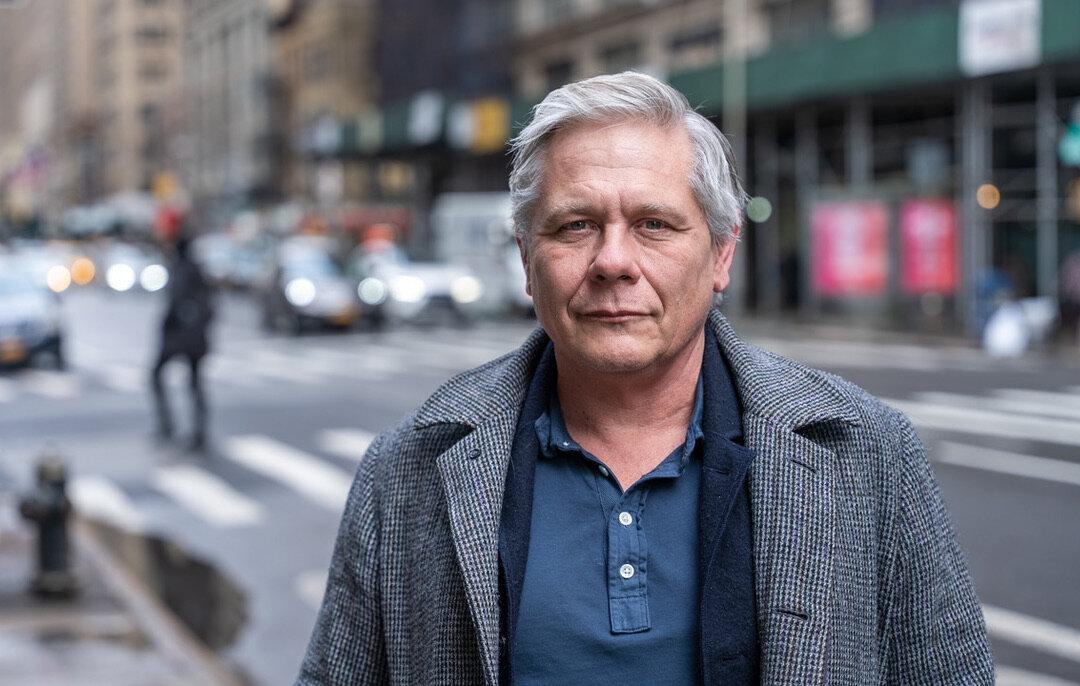“We sit squarely in the middle of an absurdist drama,” Walter Kirn says.
In this episode of “American Thought Leaders,” host Jan Jekielek and author and journalist Kirn discuss lockdowns, mandates, and the frightening possibility of a union between Orwellian tyranny and the soft totalitarianism of Aldous Huxley’s “Brave New World.”






